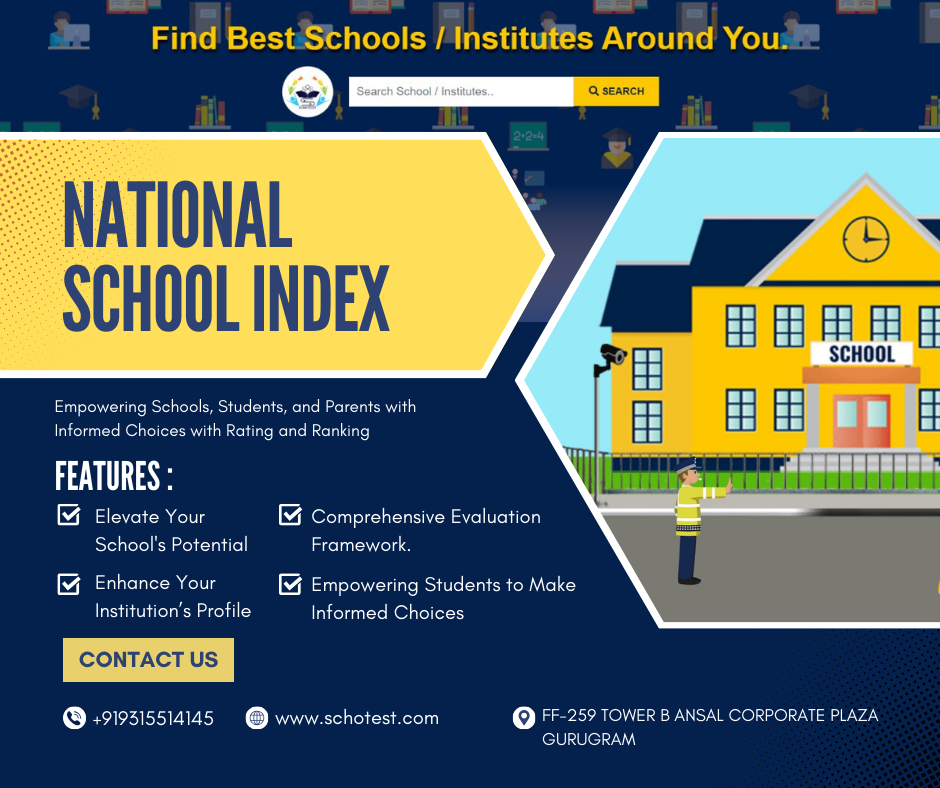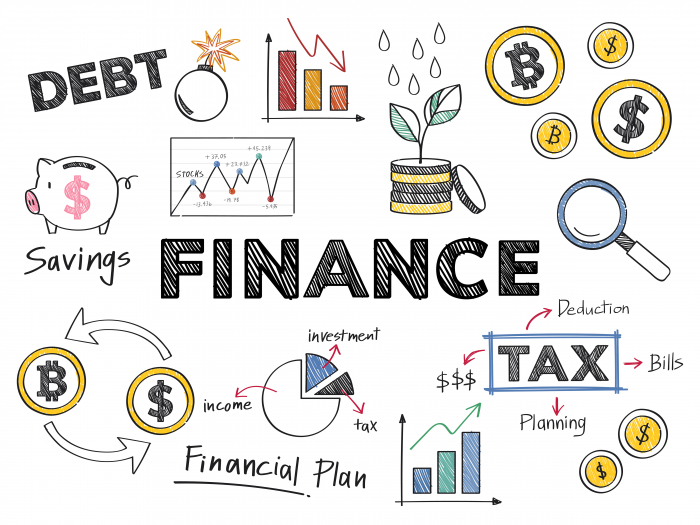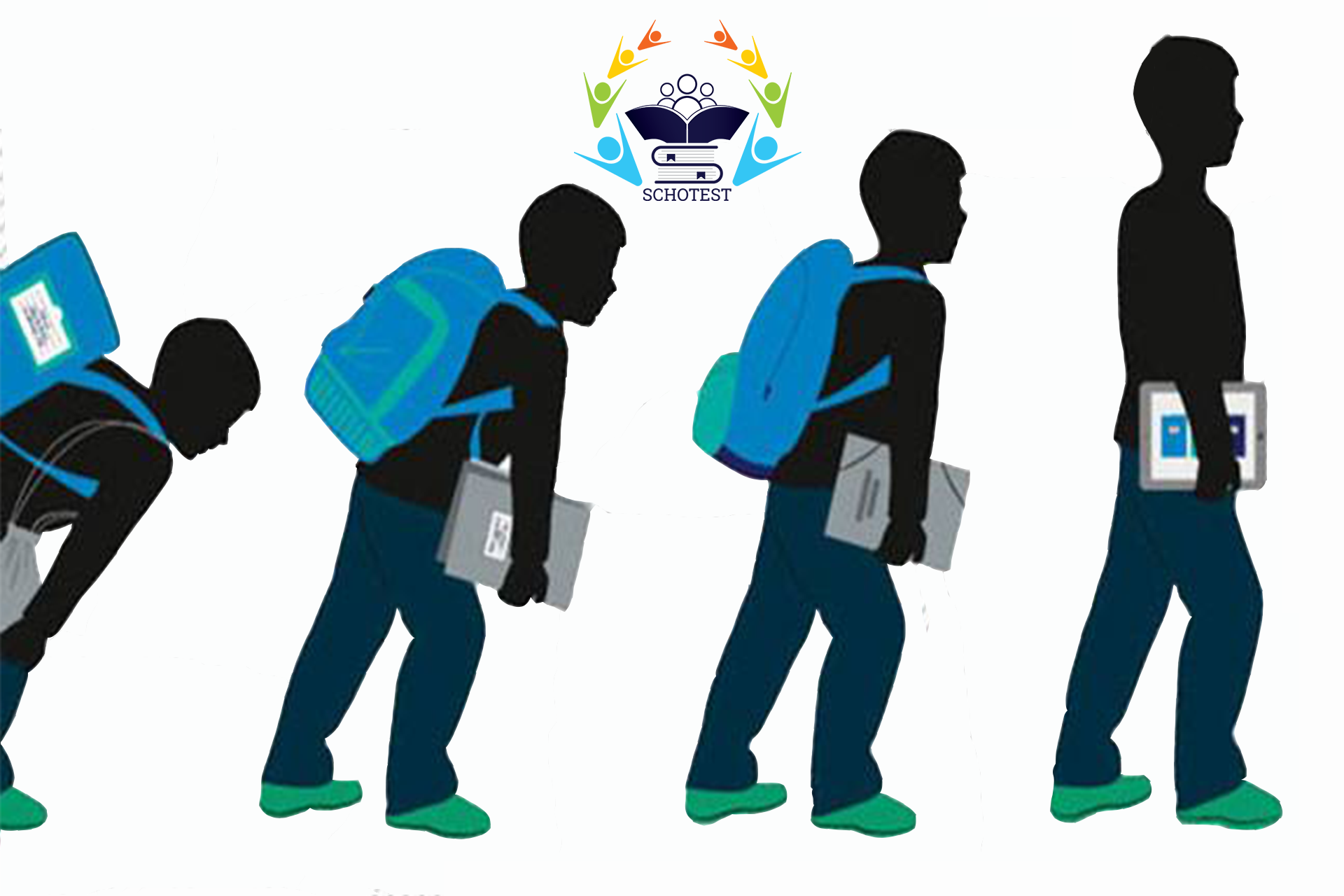Money Smart: Why Schools Should Teach Us Financial Literacy
Hey there, fellow students! Let’s talk about something super important that we don’t hear much about in school—money! Yep, that thing we all need but rarely learn about in class. Ever wonder why we know how to solve algebra problems but not how to budget or save for the future? Well, it’s time to change that, and Schotest is here to explain why learning about money, also known as financial literacy, should be taught in every school.
Why Financial Literacy Matters
Imagine getting your first paycheck and not knowing what to do with it. Should you spend it all? Save some? Or maybe invest in something? Without understanding the basics of personal finance, it’s easy to make mistakes. And guess what? Financial mistakes can stick with you for a long time.
If we start learning about money in school, we can avoid a lot of these problems. Financial literacy means knowing how to make smart money decisions. It helps us prepare for the future, manage our daily expenses, and even plan big dreams like traveling or starting our own business.
What Schools Teach vs. What They Should Teach
We learn math, science, history, and languages in school, but real-life skills like managing money are missing from our textbooks. A report from the National Financial Educators Council (NFEC) shows that teens and young adults who lack financial education are more likely to end up in debt, struggle with savings, or even face bankruptcy later in life. Scary, right?
Financial literacy includes lessons like:
- Budgeting: Knowing how to plan and track where your money goes.
- Saving: Why you should put money aside for future needs or emergencies.
- Investing: How to grow your money by investing in stocks, businesses, or other opportunities.
- Debt Management: How to avoid getting into debt or handle it smartly if it happens.
Imagine If We Learned These Things in School
Let’s picture a classroom where students are learning how to budget for a month. We’d be given imaginary money (let’s call it "life points") and asked to decide how much to spend on rent, food, clothes, and entertainment. Maybe we’d also learn how to save for a vacation or invest in something that could grow our money. Sounds cool, right?
Schools could also teach us how to avoid common traps like credit card debt, which is super easy to fall into. A lot of young adults get into trouble with credit cards because they don’t fully understand how interest works or the importance of paying the balance on time.
Financial Education Around the World
Many countries have already realized how crucial this is. Financial literacy is a part of the school curriculum in places like Australia and New Zealand. A 2017 Programme for International Student Assessment (PISA) report showed that students from countries with financial education programs are more likely to have good money habits.
In the U.S., some states have made financial literacy a required subject in schools. Students there are learning to manage their money before they even graduate high school. Imagine how prepared they’ll be when they enter the real world!
How Financial Literacy Benefits Us
By learning about money in school, we can grow up understanding how to:
- Save for the future: Whether it’s for college, a house, or even retirement, saving early helps.
- Make smart purchases: We can figure out what’s worth buying and when it’s smarter to save.
- Avoid debt: If we know how loans and credit work, we won’t borrow more than we can pay back.
- Achieve financial independence: With the right knowledge, we can work toward being financially secure and independent.
The Council for Economic Education found that students who take financial literacy courses in high school are more likely to save money, invest wisely, and be less likely to fall into financial traps like payday loans.
Why Should Schools Care?
If schools care about preparing students for the real world, they need to teach us about managing money. Financial literacy helps us become responsible adults who know how to handle challenges, plan for the future, and avoid unnecessary stress. Plus, the earlier we learn, the more time we have to build good habits.
Think of it this way: knowing how to manage your money is as important as knowing how to read or do basic math. It’s a life skill that we will use every day—whether we’re shopping for groceries or planning for retirement.
In conclusion, learning about money shouldn’t be something we wait to figure out as adults. Schools should help us get ahead by teaching us the basics of financial literacy early on. After all, wouldn’t it be great to grow up feeling confident about handling money and planning for a successful future?
At Schotest, we believe that education should help students not just excel in academics, but in life. So, let’s make financial literacy part of our learning journey. Who’s ready to start saving and investing in their future?











Discussion